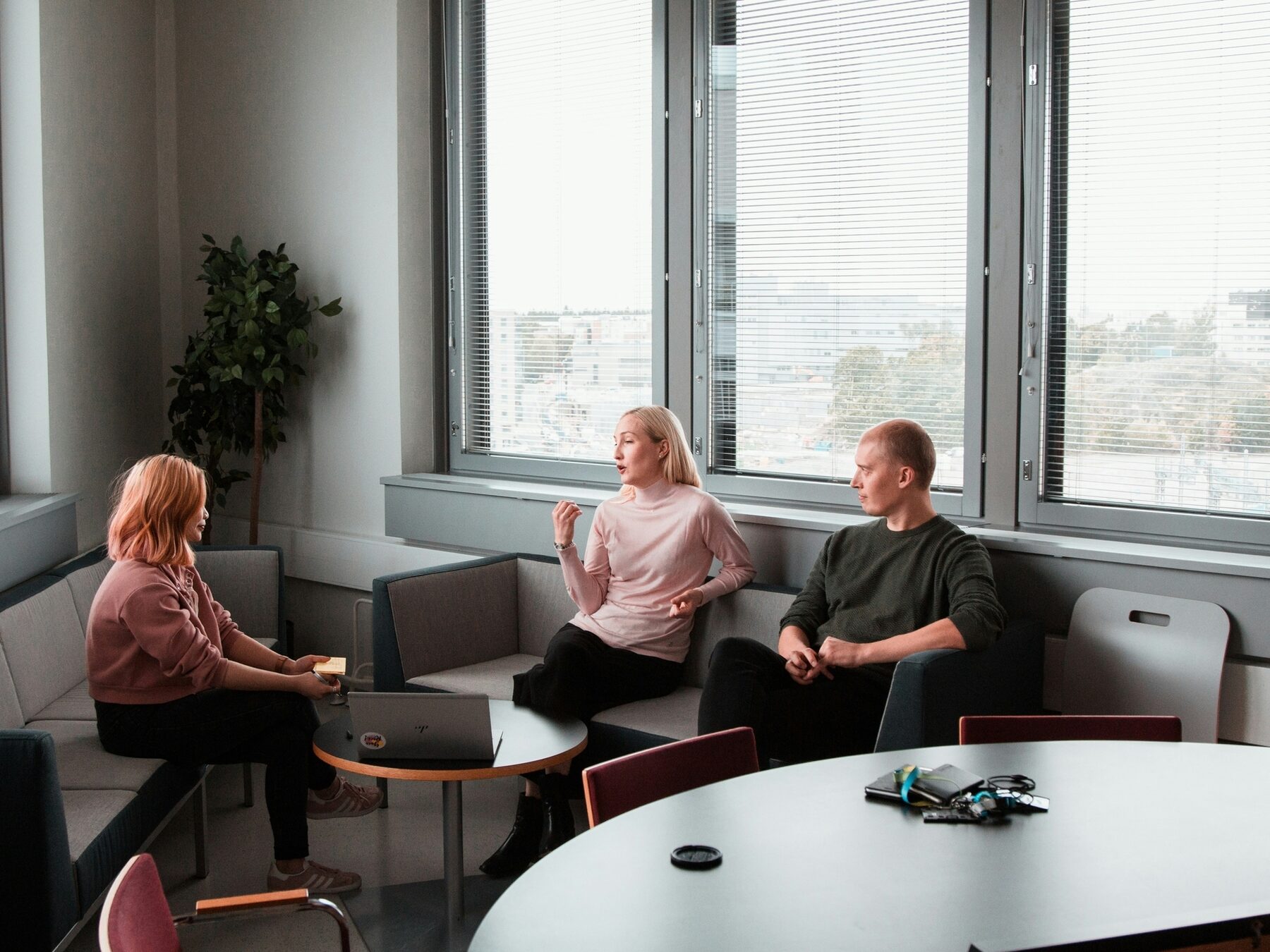14 Jul 2025
Peterborough office
48 Broadway, Peterborough Cambridgeshire, PE1 1YW
01733 346 333 01733 562 338 enquiries@hegarty.co.ukStamford office
10 Ironmonger Street, Stamford Lincolnshire, PE9 1PL
01780 752 066 01780 762 774 enquiries@hegarty.co.ukOakham office
66 South Street, Oakham Rutland, LE15 6BQ
01572 757 565 01572 720 555 enquiries@hegarty.co.ukMarket Deeping office
27a Market Place, Market Deeping, PE6 8EA
01778 230 120 01778 230 129 enquiries@hegarty.co.uk14 Jul 2025
Going through a separation or divorce can feel overwhelming, especially when children, finances, and future plans are at stake. At Hegarty, we understand the emotional and financial stress this can bring.
Family mediation offers a constructive, cost-effective alternative to court proceedings—helping you reach practical agreements while preserving relationships and focusing on what truly matters: your family’s future.
In this article, we explain how family mediation works, what to expect, and why it could be the right choice for you.
Family mediation is a process in which an independent, professionally trained mediator helps separating or divorcing couples reach agreements about child arrangements and financial matters. Unlike court proceedings, mediation keeps you in control—no decision is made unless you both agree.
The mediator will help you find a solution which works for you both and will explain what needs to happen to make an agreement between you legally binding.
Mediators work with separating couples in ways that are flexible. So, for example, you do not have to be in the same room if you or the mediator decides that working with you in separate spaces would be preferable.
Mediation is often quicker, less stressful, and more cost-effective than going to court, and legal aid may be available if you meet eligibility criteria.
The first meeting with a mediator is a Mediation Information and Assessment Meeting (MIAM).
During this meeting, you can explain your situation, outline the issues you need to resolve, and learn about the mediation process and alternative dispute resolution options for reaching an agreement.
At the end of the MIAM, the mediator will assess whether mediation is suitable for your case, and you can decide whether you want to proceed with mediation or explore other options for resolving the issues in dispute.
The mediator can also provide referrals to other support services, such as counselling, debt advice, or co-parenting workshops, if relevant.
If your children are aged 10 or older, the mediator will discuss how their views can be included. This helps ensure decisions are in the children’s best interests and supports their emotional well-being during and after separation. Research shows this part of the process brings real benefits to your children and to parents as they make decisions for the family.
If your ex-partner has approached a mediation service, you may be invited to attend a MIAM. This is a standard part of the process, and means that your ex-partner either will attend, or has attended, a MIAM and is likely to want to engage in full mediation.
Even if you choose not to proceed with mediation, attending a MIAM is generally required before certain family court applications.
Mediation can take place:
This flexibility makes mediation accessible and convenient, even if you’re not comfortable being in the same room as your ex-partner.
All accredited family mediators must follow the Family Mediation Council’s Code of Practice, ensuring impartiality, confidentiality, and professional standards.

If mediation is suitable and both parties agree to proceed, you’ll attend joint sessions—typically three to five meetings, though sometimes fewer are needed.
The mediator will usually see you and your ex-partner together, although you should be offered the choice to see the mediator separately if you need to.
During these sessions, the mediator will:
When you reach agreement, the mediator will put it in writing and make sure you are both clear about the terms of the agreement reached.
Agreements reached in mediation are not automatically legally binding. However, you can apply to the court to turn your agreement into a legally binding Consent Order.
Your mediator can explain this process, and you may wish to take independent legal advice before finalising the order.
It’s common—and often recommended—to seek legal advice alongside mediation, especially on complex issues like pensions, property, or child arrangements. Your mediator can guide you on when legal advice might be appropriate.
If your situation changes or an agreement stops working, you can return to mediation to adjust the arrangements.
If your agreement has been formalised into a Consent Order and is breached, you may return to mediation or apply to court to enforce it.
Mediation has a high success rate, with many participants reaching full or partial agreements. Even when only partial agreement is achieved, it often helps narrow the issues—saving time and legal costs if you later go to court.
By choosing mediation, you can:
If you’re facing separation or divorce and want to explore how mediation could help, our experienced family mediation team at Hegarty is here to guide you.
Contact us today if you require advice regarding family law matters whereupon we can advise and help with a referral to mediation where required.
For legal advice you can trust…Think Hegarty.
Whatever legal support you need, our experienced and highly skilled solicitors and legal advisors are here to help. With expertise across a wide range of legal areas, we provide clear, practical advice tailored to you. What sets us apart is our commitment to understanding your needs and delivering the best possible outcome with a personal touch.